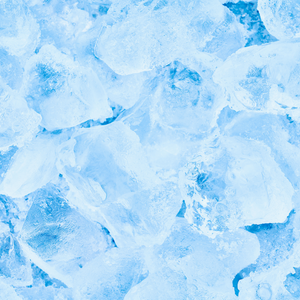Blog

Should You Install Passive Cooling?
Posted on 03 January 2022 in Blog
WHAT IS PASSIVE COOLING AND IS IT WORTH INSTALLING?
Also referred to as natural cooling, passive cooling is a method of reducing the temperature in your home which uses very little energy, making it efficient and economical to run.
Passive cooling can be installed as an extension of a ground source heat pump system (depending on manufacturer and make of the heat pump). Passive cooling works by circulating the water and refrigerant mixture (brine) through the pipework buried in the ground (known as ground collectors or ground arrays), the brine is cooled by the lower temperature of the ground before being circulated to a heat exchanger which further reduces the temperature, providing chilled water. The water is then distributed to cooling fan coil units, radiators or underfloor heating. If you're planning to use fan coil units you’d need one in each room which requires climate control.
If you are retrofitting an existing property or building a new one and you're considering installing cooling, factors to consider are property location, build materials and insulation. Some properties absorb and retain heat much more easily than others and whilst this is a positive for many months of the year here in the UK, during the peak of summer, living in a hot, stuffy home can become unbearable.
Whilst passive cooling will not have the same level of impact as air conditioning, it will help to maintain a cooler, livable temperature using little energy and costing less. A total heating and cooling system can also help to add value to your home as it improves comfort levels and lifestyle.
Passive cooling cannot always be easily added on to an existing ground source heat pump installation, so think carefully if you feel that it would be beneficial for you and your home before comitting to a heating only install. It could save you hundreds of pounds to have it installed at the same time, also resulting in a neater and more streamlined system.
If you think you might need more advanced cooling performance, you can also use a ground source heat pump for active cooling.
Have a question about using a heat pump for cooling? Get in touch with us today and we'll be happy to help with no obligation advice.
 Facebook
Facebook LinkedIn
LinkedIn Twitter
Twitter













